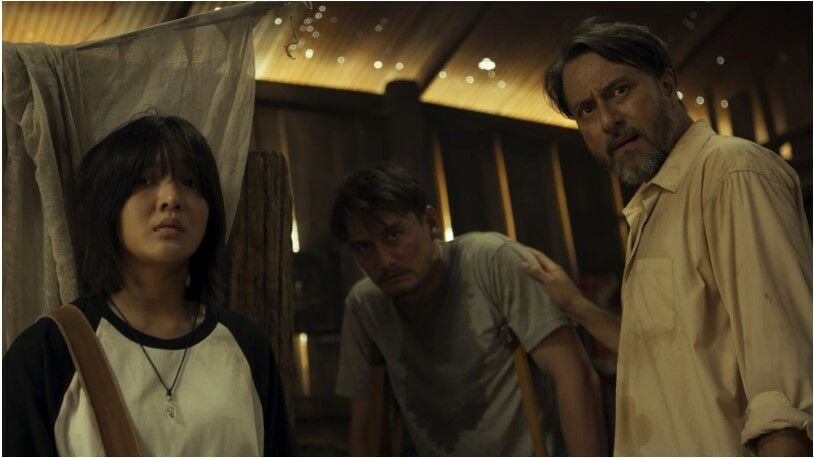Thai horror breaks new ground: The Cursed Land unleashes chilling Islamic spirits

Thai horror films have long captivated audiences with their spine-chilling tales rooted in local ghosts and mythology but The Cursed Land, a Thai-Malay language horror film, is being recognised at the International Film Festival Rotterdam for challenging preconceived notions and introducing audiences to a realm of demonic entities and Thai Muslim identity.
The Cursed Land, directed by Panu Aree and co-directed by Kong Rithdee, emerges as a trailblazer, breaking away from the familiar Buddhist cosmology that has dominated Thai horror. In a strategic move, the filmmakers bring Thai horror enthusiasts face-to-face with Islamic Thai culture, a relatively unexplored territory until now. This film follows the footsteps of The Djinn’s Curse, revealing the seldom-seen aspects of Thailand’s southernmost Muslim-majority provinces.
Both films showcase footage from the notoriously dangerous Narathiwat province, marred by separatist unrest since 1948. Panu and Kong, being Thai Muslims themselves, aim to challenge stereotypes and oversimplified media portrayals. Their collaboration, spanning back to 2006, has produced impactful documentaries, and now they take on the horror genre to craft the first-ever Islamic horror film in Thailand.
The Cursed Land storyline revolves around Mit, portrayed by Ananda Everingham, wrestling with post-traumatic stress disorder after his wife’s tragic demise. Forced to relocate with his daughter to a Muslim village outside Bangkok, the duo unwittingly unravels a historical scar dating back to the 19th century. Panu explains the film’s premise, delving into the assimilation and struggle of Malay captives from the once-independent south.
As Mit grapples with his inner demons, the film introduces Heem, played by Malaysian actor Bront Palarae, known for his roles in popular Indonesian horrors. Heem, a character entangled in Islamic black magic, adds a layer of mystery and horror to the narrative. The filmmakers cleverly weave a tale of supernatural events, drawing attention to the cultural and political tensions within Thai society, reported South China Morning Post.
South Asian film culture
The setting in Narathiwat province, bordering Malaysia’s conservative state of Kelantan, serves as a symbolic exploration of topographical and spiritual borders. Bront, of Pakistani-Malay-Thai descent, praises the filmmakers for shedding light on a region often overlooked by popular media. The film, debuting in Europe, promises to challenge Thai audiences’ perceptions of ghosts, introducing the concept of Djinn from Islamic lore.
Panu and Kong’s commitment to cultural authenticity and collaboration is set to enrich the Southeast Asian cinematic landscape. Following its European debut, The Cursed Land is poised for more festivals before hitting Thai cinemas in May. The filmmakers eagerly anticipate how Thai viewers, accustomed to Buddhist-centric horror, will embrace the spine-tingling concept of Djinn in this groundbreaking cinematic experience.
Latest Thailand News
Follow The Thaiger on Google News:


























